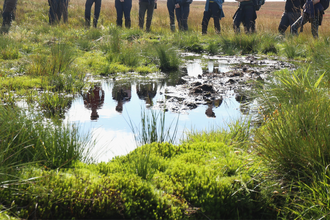
World Wetlands Day 2026
Monday 2 February is World Wetlands Day, and this year is all about celebrating the cultural heritage of our wetlands.
Our peatlands communications officer, Kirsty Tyler, takes a look at…
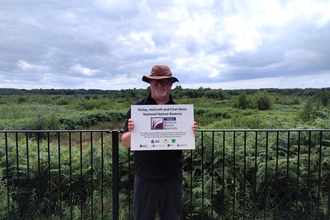
In 2025, the Risley, Holcroft and Chat Moss National Nature Reserve was declared as part of the King’s Series. Find out how community members helped to make this happen.
Liv Symes from materials science company Ponda® talks about the devastating impact that fast fashion is having on the planet, and how their innovative Biopuff® material is helping Lancashire…
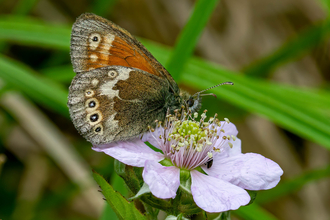
Peatlands Project Manager, Helen Earnshaw, takes us through a day surveying for the rare large heath butterfly on Winmarleigh Moss earlier this year.
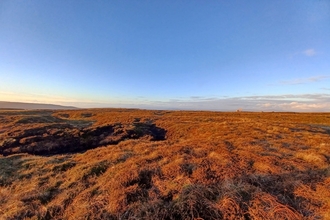
Invertebrates are super sensitive to environmental changes, responding quickly to temperature, air quality, soil health and water quality. Dom Hartley from Lancashire Peat Partnership looks at how…
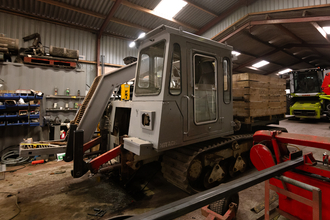
As part of our exciting wetter farming trials, we are growing a commercial crop of bulrushes on purposefully re-wetted agricultural peat fields. But one question we get asked again and again is…
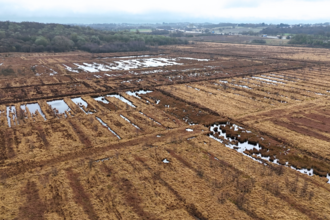
We have been restoring bog and fen habitat across Greater Manchester as part of the Network for Nature project. With the projects coming to an end, we'd like to celebrate the project by…

The rolling hills of the West Pennine Moors hold a special place in the hearts of many Lancastrians, but how much do you know about this special landscape?
Wetter farming, also known as paludiculture, is the practice of farming land that had previously been drained but now has a restored naturally higher water table. But what do farmers think about…